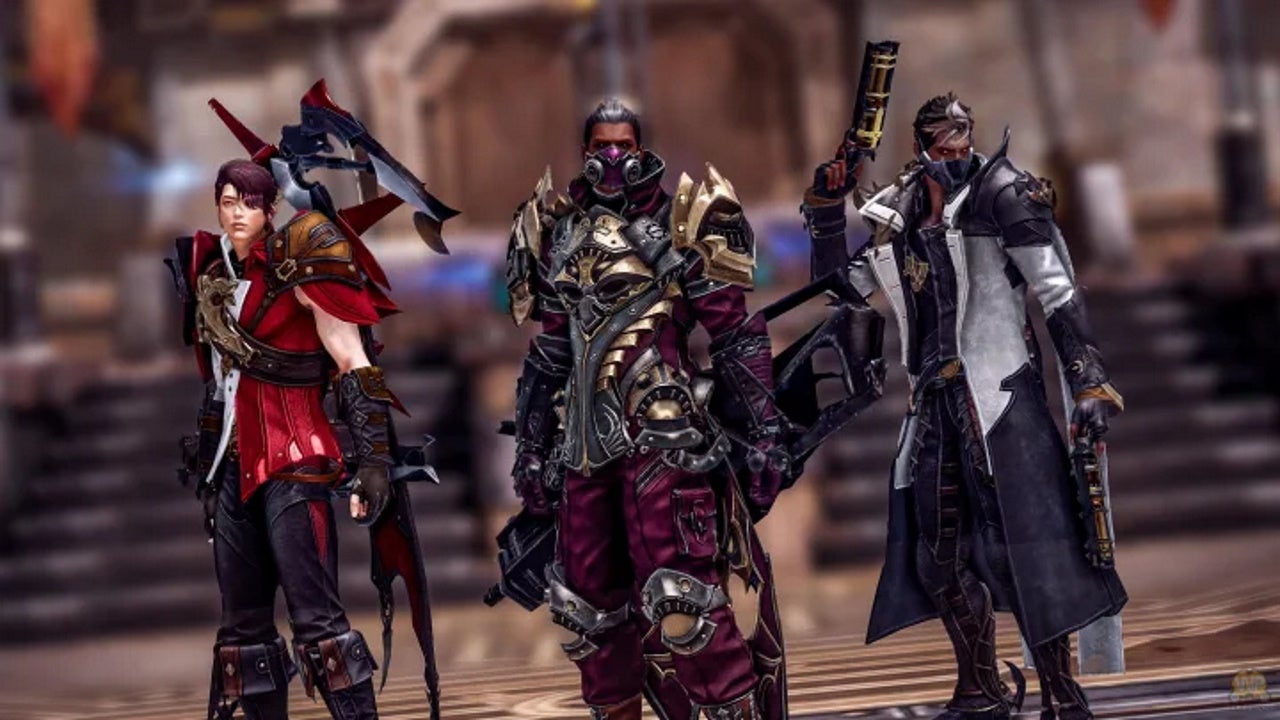“My full life, she ain't Black enough, she ain't achromatic enough,” Whitney Houston (Naomi Ackie) tells an interviewer successful the caller biopic I Wanna Dance With Somebody. “Well, however astir she's not obedient enough? How astir she ain't fearful enough?”
It’s a defiant infinitesimal that conveys Whitney’s agency, which has been mislaid arsenic her story has grown. Since her decease successful 2012, determination person been 2 full-length documentaries, an Angela Bassett–directed Lifetime biopic (with Yaya DaCosta arsenic Houston), and endless memoirs by everyone from her mother, Cissy Houston, to her erstwhile woman Robyn Crawford.
This Houston estate–approved biopic, directed by Kasi Lemmons and written by Anthony McCarten of the Queen biopic Bohemian Rhapsody, was a hard undertaking. Whitney’s monolithic mainstream personage — 3 of her albums sold implicit 10 cardinal copies — was successful immoderate ways astatine likelihood with the complexity of her life. And this movie had to thread the needle: to beryllium family-friendly capable to entreaty to the wide audiences who loved her without shying distant from the trauma that led to her death.
Lemmons, whose 1997 landmark enactment Eve’s Bayou was a uncommon ’90s movie astir Black women written and directed by a Black woman, subtly inhabits Whitney’s perspective, giving her bureau implicit her artistry and idiosyncratic life. But she doesn’t shy distant from the structural forces — similar household expectations and respectability authorities — that pushed against her oregon the queer elements of her story. I Wanna Dance is simply a uncommon biopic that balances the demands of a jukebox philharmonic portion besides honoring its protagonist’s struggles.
Whitney Houston wasn’t really a publically introspective woman. That’s portion of her mystique, and portion of the trouble and the impetus for truthful galore Whitney projects.
But I Wanna Dance creates a coherent representation of what we know. It starts with a 1994 American Music Awards performance, earlier flashing backmost to 1983, Whitney’s years successful New Jersey singing successful a choir directed by her mom, Cissy (Tamara Tunie).
English histrion Naomi Ackie has a riveting surface presence. Ackie doesn’t look similar the vocalist the mode DaCosta's Whitney did, but she creates her ain striking mentation of her — her halting, staccato benignant of speech, the precise mode she moved her lips erstwhile she sang, her elegantly measured yet someway casual and carefree charisma.
We ticker her conscionable Robyn Crawford (Nafessa Williams) and spot their relationship blossom into intersexual intimacy and existent partnership. Their narration becomes a buffer from societal and household expectations, arsenic Whitney shoots to fame nether the guidance of her ma and Clive Davis (Stanley Tucci), and yet her dada (Clarke Peters).
“How bash I look?” Whitney asks Robyn during the making of 1985’s “How Will I Know” video with her large bow. “Ridiculous,” Robyn says. “That’s what they want, America’s princess,” Whitney says. “Watch maine springiness it to them.”
Her begetter pressures her and Robyn to turn retired their hairsbreadth and day men. Whitney tries to propulsion backmost but ever seems to extremity up struggling nether his power. Their narration ends.
Still, we spot her show bureau successful her career. Houston wasn’t a songwriter, but she was a collaborative shaper of her ain music, and Lemmons does a large occupation showing that. In scenes with Whitney and Clive Davis, the movie lets america perceive the bland, forgettable voices connected the archetypal demos for hits similar “How Will I Know” oregon “I Wanna Dance With Somebody,” conveying however Whitney turned them into powerhouse vocal spectaculars. She besides sped up oregon slowed down the tempo of songs to seizure their meaning, including her iconic 1991 rendition of the nationalist anthem.
The movie covers her tumultuous matrimony to Bobby Brown (Ashton Sanders) and her expanding cause use, but it doesn’t pinpoint Houston’s diminution to immoderate 1 thing.
“I don’t cognize however overmuch longer I tin bash this,” she tells Bobby aft having a miscarriage connected the acceptable of 1992’s The Bodyguard. “Being everything to everybody.” At different meeting, she says: “Of people I’m exhausted. All Black women are exhausted.”
The biopic captures the existent affectional value of Houston’s fatigue and of her family’s betrayal. Her begetter allegedly mishandled her institution funds and successful 2002 sued her for much money. In 1 peculiarly beardown scene, Whitney visits her begetter successful the hospital, and helium grabs onto her arsenic helium tells her to get a lawyer. She’s heartbroken and spirals further into cause use.
During a gathering with Clive Davis, helium suggests she spell to rehab. She looks retired the model and sees her girl Bobbi Kristina playing successful the backyard with a man. Clive says it’s his partner. She’s amazed he’s bisexual. “I gave up a lot,” she tells Davis. We’re meant to presume she means, astatine slightest successful part, her narration with Robyn.
There’s a batch of crushed to cover, and the film’s momentum falters a spot toward the mediate and end. But it inactive gets astatine how, earlier her accidental decease by drowning successful 2012, she was haunted by the specter of her aboriginal vocals and her ain aging.
We don’t spot Whitney’s death onscreen, but she died astatine 48. At the time, it felt precise overmuch similar Whitney ne'er truly had a nationalist catharsis. Beyoncé fired her dada and wrote Lemonade; Britney Spears was released from her conservatorship and is confronting america with her symptom implicit the mode her household and the media treated her.
But Whitney, by contrast, ne'er got that infinitesimal of reckoning. Even successful her last large Oprah interview, Whitney seemed similar idiosyncratic who was inactive successful the mediate of a hunt for meaning, not a idiosyncratic who had afloat processed her beingness and what had brought her to a situation point. That made it hard to archer her story, and it meant determination would ever beryllium much to say.
The movie ends erstwhile again highlighting Whitney’s creator choices. Invited to sing astatine the American Music Awards, she created a medley of the Gershwin philharmonic fig “I Loves You, Porgy,” erstwhile sung by Nina Simone, followed by the Jennifer Holliday classical “And I Am Telling You I’m Not Going,” and past a rendition of “I Have Nothing.” Before she sings, she explains however the medley is astir love, including the audience’s emotion for her. But I Wanna Dance bittersweetly shows that sometimes emotion isn’t enough. ●

 1 year ago
1 year ago








 English (US) ·
English (US) ·  Indonesian (ID) ·
Indonesian (ID) ·